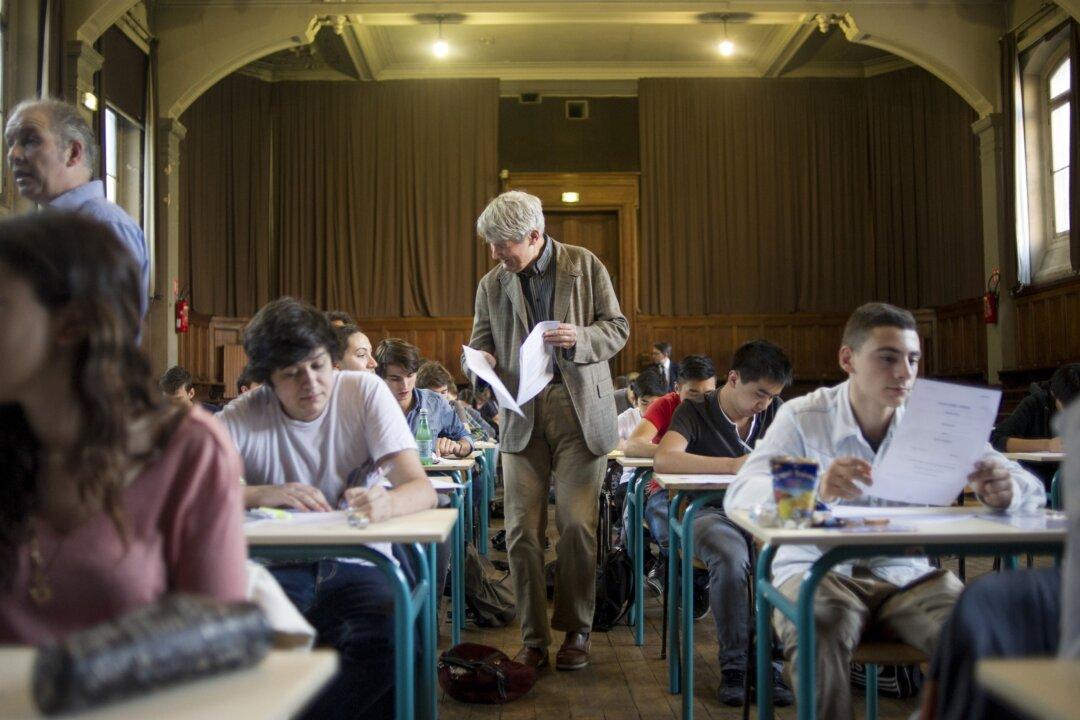Concerns surrounding disruptions to year 11 and 12 have risen this week with teachers, students, and parents worrying about the results students will get amidst the COVID-19 outbreak. Federal education ministers are meeting April 7 to address the problem of how the assessments will work for 2020.
Victorian Premier Daniel Andrews on April 6 even floated the possibility of extending year 12 into next year. In Queensland, the education board has dropped some final assessments to ease the burden on teachers and students. While in New South Wales, exams will proceed as scheduled without any special considerations. The result has been a large amount of confusion nationwide, especially for those students applying to universities in other states and territories.




